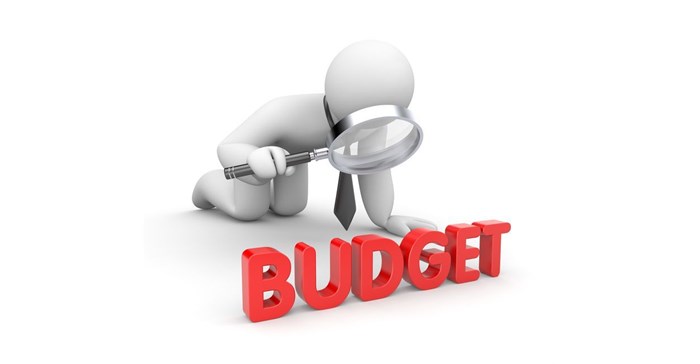There is bound to be a lot of interest in what the new finance minister, Tito Mboweni, has to say the Medium Term Budget Policy Statement (MTBPS) iat the end of October.
National Treasury estimated a revenue shortfall of R48.2bn in 2017/18 during the February Budget Review. The main proposed tax measures subsequently implemented to raise additional revenue in 2018/19 included the increase of the value-added tax (VAT) rate with 1% during April 2018 and a below-inflation or no adjustments for personal income tax brackets.
So, how does the prediction look for the upcoming MTBPS and did National Treasury succeed to increase revenue collections and close the net deficit GAP?
Overview of predicted outcome
Keeping to historic trends of MTBPS, statistics and preliminary outcomes as provided by National Treasury, an estimated net revenue shortfall of about R36.8 billion is expected. This is the net result if the historical data of the past two years compared to current circumstance - whereby actual revenue collections for the 2018/19 fiscal year will fall short by R41.6bn, while actual expenditure will be underspent by R4.8bn.
The prediction seems to be supported by the technical recession and figures released by Stats SA, noting that our gross domestic product (GDP) shrunk by 0.7% in the second quarter, following from the 2.6% withering in the first quarter of 2018.
Personal income tax
Stats SA recently reported from their Quarterly Employment Statistics (QES) survey that 69,000 jobs were lost during the second quarter of 2018. This seems to concur with the inclination that one of the main contributors to the predicted net revenue deficit is the proposed under-collection towards personal income tax (PIT) of almost R18.8bn.
Given that 67,000 of the jobs shed related to the community services industry consisting mainly out of seasonal workers, and studying historic trends, a claw back of the PIT is likely to be seen during the February 2019 Budget Review. The PIT estimation is likely to be more accurate after 31 October 2018, i.e. when the submission of PIT returns for non-provisional taxpayers come to a close.
VAT
According to Stats SA, the consumer price inflation (CPI) was 3.8% in March 2018 increasing to 4.6% during June 2018 – indicating that the cost of living increased by 0.8%. The long overdue 1% VAT hike may therefore not yield the expected returns for National Treasury. However, Stats SA also noted that what impacted inflation is greater powers such as difficult economic conditions and the drought, rather than just the 1% VAT hike.
The calculations seem to indicate that VAT collections may be overestimated by R11.3 billion by National Treasury, similar to last year’s data – indicating that the issue is rather with the budgeting calculations and estimations in general.
Other taxes
Most of us can attest to the petrol/diesel price skyrocketing during the year, having increased on average 20%, since March 2018. Households and businesses have felt the brunt in their pocket in more ways than one, including private transport, public transport and production costs of goods and services.
Government may also feel it in their back pocket, as we predict that collection of the general fuel levy will be under collected by R621m. The insight is that the hike in petrol/diesel price will continue, resulting in households probably having to cut back even more on transport costs, using less fuel - directly impacting the general fuel levy collections, currently 322 cents per litre, going forward.
The sugar tax, introduced during April 2018, seems to be the top performer for government, as just over R1bn has been collected to date. If the pattern continues, it is estimated that government may collect R441m more than they originally budgeted for, which may be a small win. The questions still remain if this health tax has made South Africans live healthier?
The increased current net tax revenue collections seem to have yielded a bigger return in year-to-date collections, compared to the past two years. So it may be argued that National Treasury succeeded in increasing revenue collections, or it can be argued that the 1% VAT rate hike this year was more fruitful than the 45% PIT super tax bracket introduced in 2017.
However, the predicted net deficit GAP of R36.8 billion still remains. This infers that National Treasury may need to go back to the drawing board when they do budget estimations, as the issues lie with overestimating the tax revenues and underestimating expenditure.



































